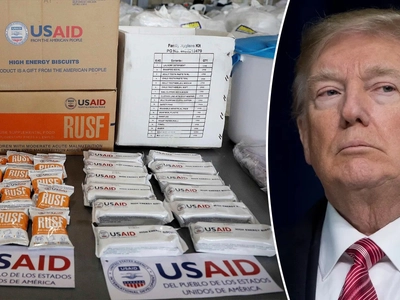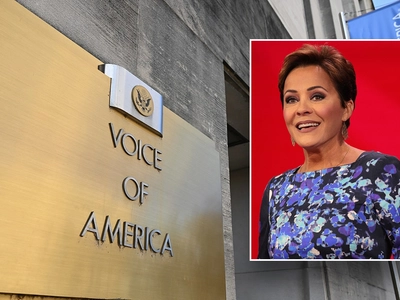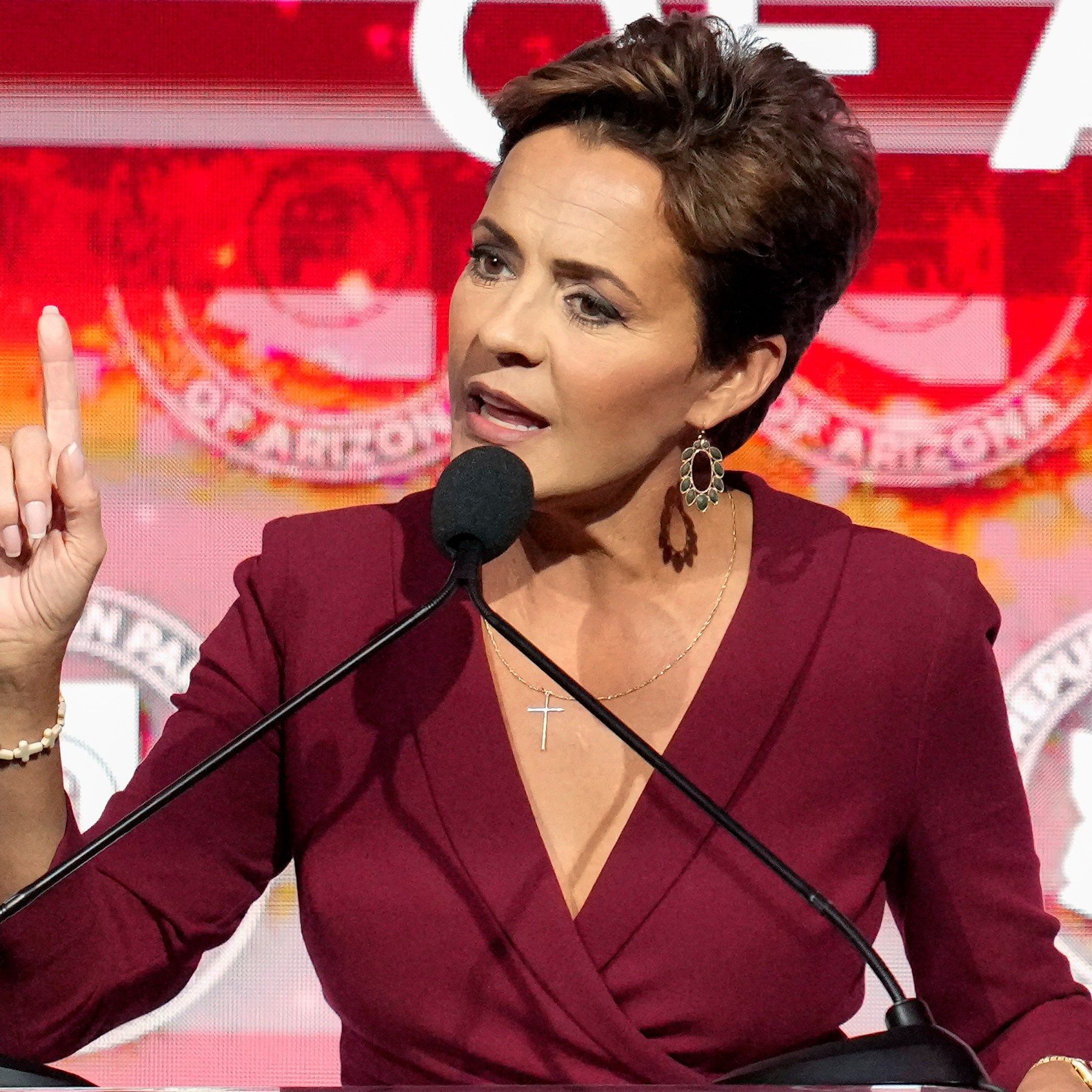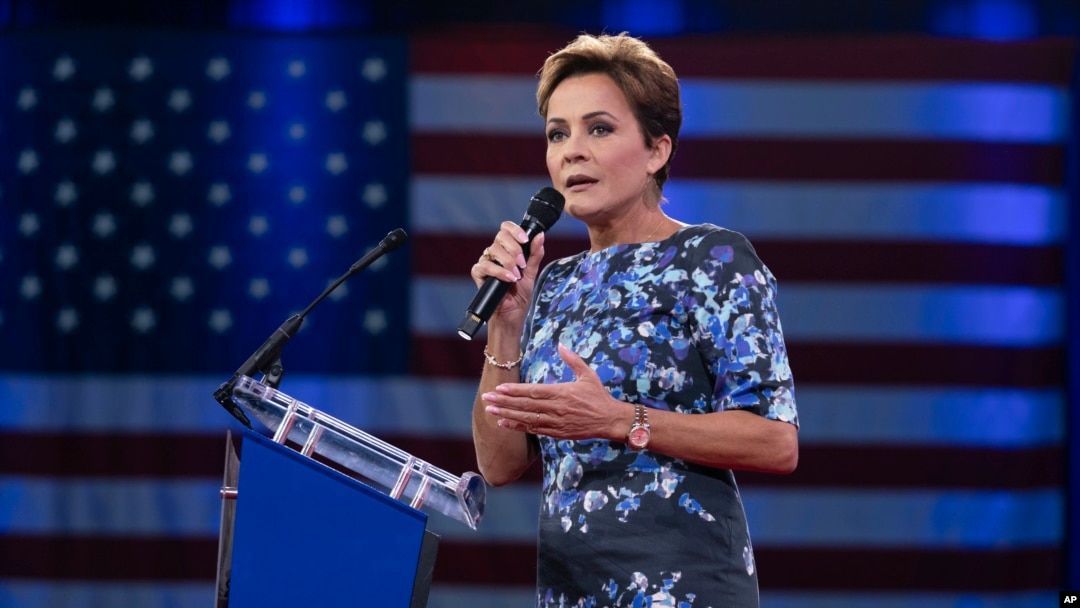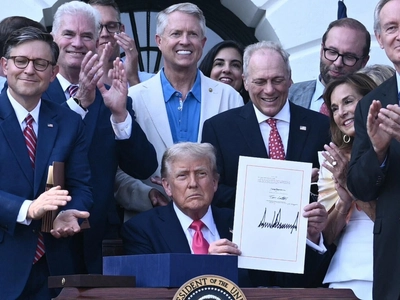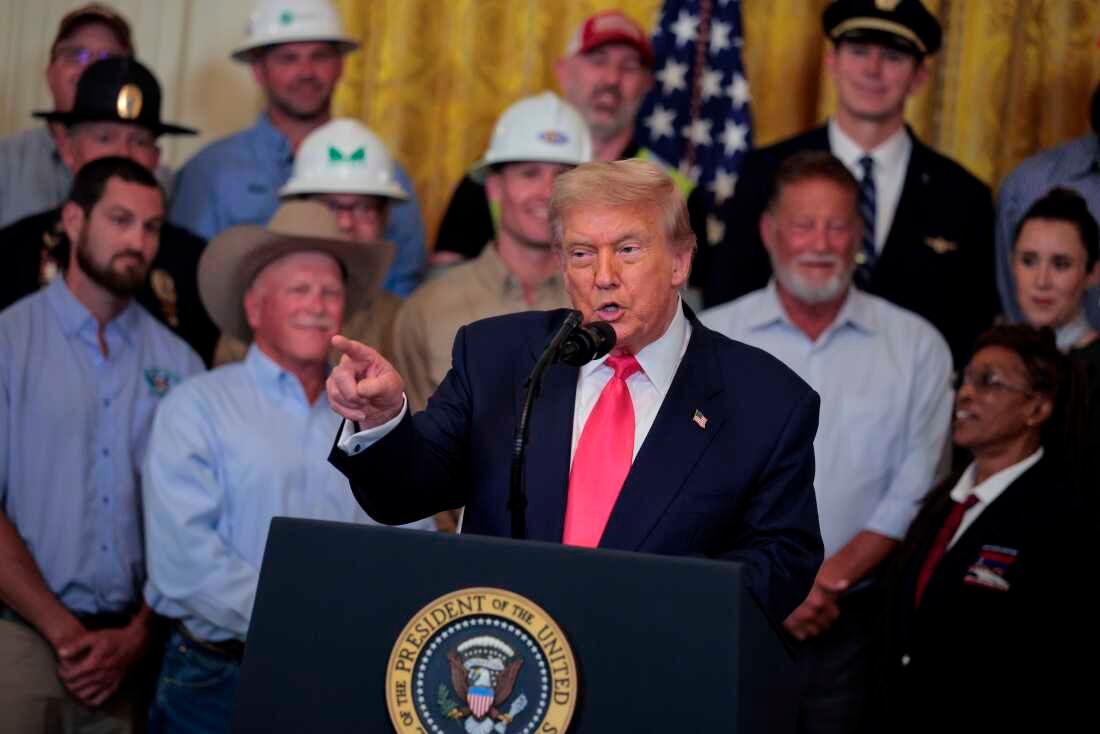Bush and Obama's Shocking Alliance: Why Two Former Presidents Are United Against Trump's USAID Shutdown
The political world was stunned when two former presidents who once fought bitter election battles found themselves united in an unprecedented attack on Donald Trump's foreign aid policies. George W. Bush and Barack Obama, representing opposite sides of the political spectrum, have joined forces to condemn what they're calling Trump's "colossal mistake" in shutting down USAID.
The Unlikely Alliance That Nobody Saw Coming
In a move that has left Washington insiders speechless, Bush and Obama have put aside decades of partisan differences to deliver a scathing rebuke of Trump's decision to dismantle the U.S. Agency for International Development. The rare bipartisan criticism from two former commanders-in-chief represents one of the most significant challenges to Trump's foreign policy agenda since he returned to office.
"This is a colossal mistake," Obama declared, pulling no punches in his assessment of the USAID shutdown. Bush, typically more reserved in his public statements, didn't hold back either, calling the move a "travesty" that undermines America's humanitarian leadership on the world stage.
The Shocking Reality: 14 Million Lives at Stake
What makes this bipartisan uprising even more explosive is the devastating human cost that experts predict will follow. A new study warns that Trump's USAID closure could result in more than 14 million avoidable deaths over the next five years – a staggering number that has galvanized even the most unlikely political allies.
The research paints a horrifying picture of what happens when America withdraws from global humanitarian efforts. From life-saving vaccines to emergency food aid, the programs that USAID has administered for decades are now being transferred to the State Department in what critics are calling a dangerous bureaucratic shuffle.
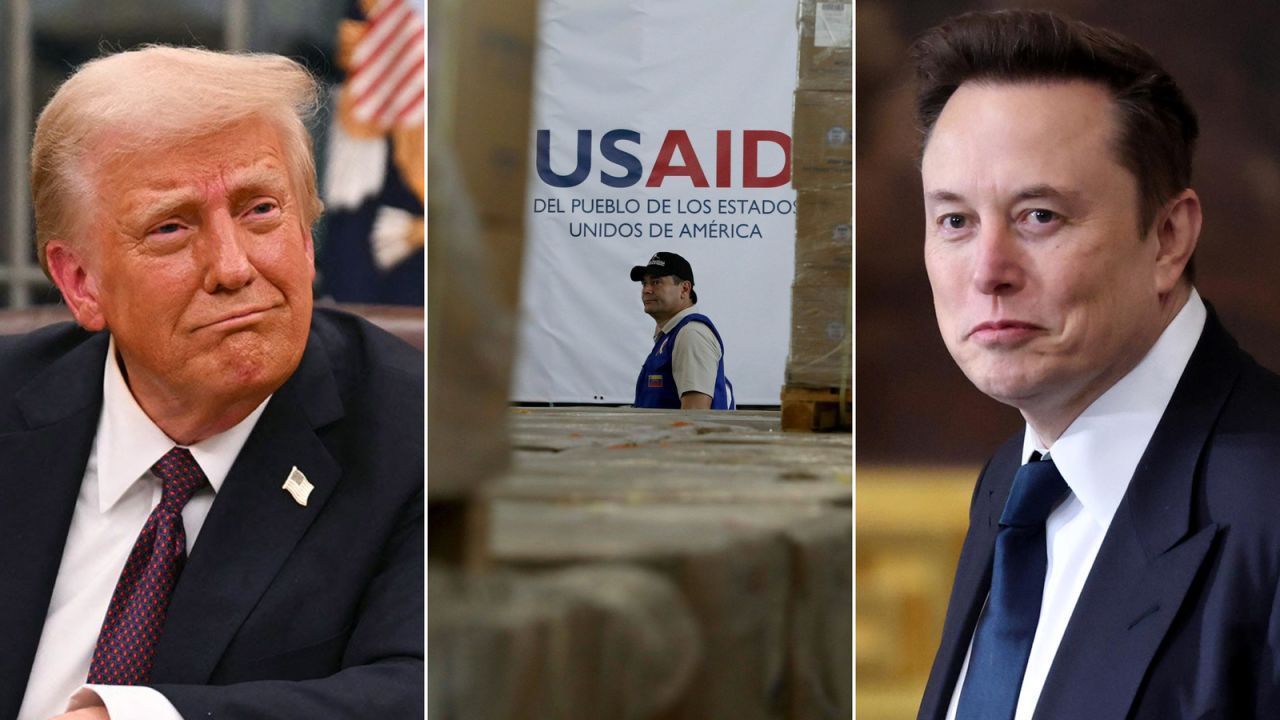
Why This Matters More Than Politics
This isn't just about partisan politics – it's about America's role as a global superpower and moral leader. For decades, USAID has been the face of American compassion worldwide, delivering aid to disaster-stricken regions, fighting disease outbreaks, and supporting democratic movements in authoritarian countries.
Both Bush and Obama understand something that transcends party lines: America's soft power through humanitarian aid has been one of our most effective diplomatic tools. When natural disasters strike or humanitarian crises emerge, it's often American aid workers who arrive first, winning hearts and minds in ways that military intervention never could.
The Trump Administration's Risky Gamble
Trump's decision to fold USAID into the State Department isn't just administrative reshuffling – it's a fundamental shift in how America engages with the world. The administration argues that this move will make foreign aid more efficient and better aligned with American interests, but critics worry it will politicize humanitarian assistance in dangerous ways.
The 90-day freeze on all foreign development assistance has already begun causing chaos in countries dependent on American aid. From HIV treatment programs in Africa to disaster relief efforts in earthquake-prone regions, millions of people are now uncertain about whether the lifeline they've depended on will continue.
The Deeper Political Earthquake
What makes this Bush-Obama alliance truly earth-shattering is what it represents about Trump's isolationist agenda. When two former presidents who disagreed on nearly everything can find common ground in opposing a current president's policies, it signals something far more significant than typical political disagreement.
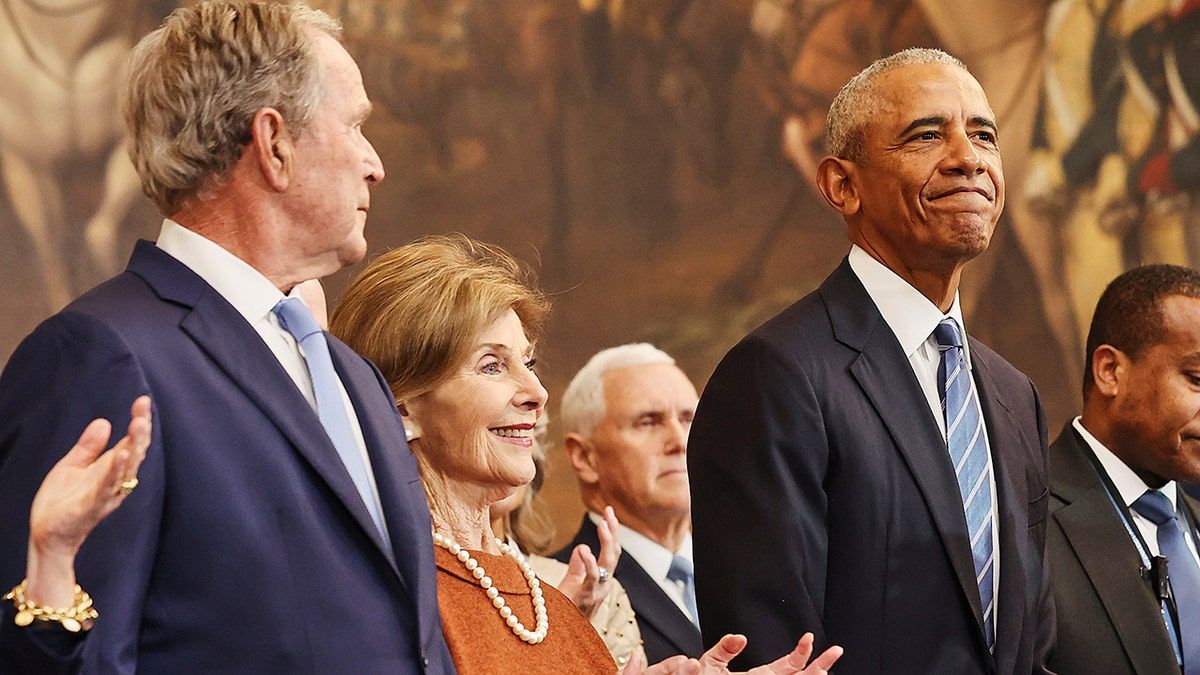
This unprecedented cooperation reveals the deep anxiety among foreign policy establishment figures about America's retreat from global leadership. Bush, who championed compassionate conservatism and launched major AIDS relief programs in Africa, sees Trump's actions as abandoning core American values. Obama, who expanded humanitarian programs and emphasized multilateral cooperation, views the USAID shutdown as a betrayal of America's moral obligations.
The Global Consequences Nobody's Talking About
While domestic political battles rage, the real victims of this policy shift are the world's most vulnerable populations. USAID programs currently reach over 100 countries, providing everything from maternal health services to agricultural development assistance. The agency's sudden closure leaves a massive vacuum that no other organization can quickly fill.
China and Russia are already positioning themselves to fill the leadership void that America's retreat creates. When the U.S. steps back from humanitarian leadership, authoritarian regimes step forward, using their own aid programs to expand influence and undermine democratic values.
What This Means for America's Future
The Bush-Obama alliance against Trump's USAID shutdown represents more than just opposition to a single policy – it's a warning about America's changing role in the world. As these former presidents sound the alarm, they're raising fundamental questions about what kind of global leader America wants to be.
Their unprecedented cooperation sends a clear message: some issues transcend partisan politics. When humanitarian catastrophe looms and America's global leadership hangs in the balance, even the most unlikely allies will unite to defend what they see as core American values.
The coming months will reveal whether this bipartisan pressure can force Trump to reconsider his approach, or if America will continue down a path that its former leaders warn could cost millions of lives and decades of global influence. One thing is certain: the political establishment's revolt against Trump's foreign aid policies has only just begun.
